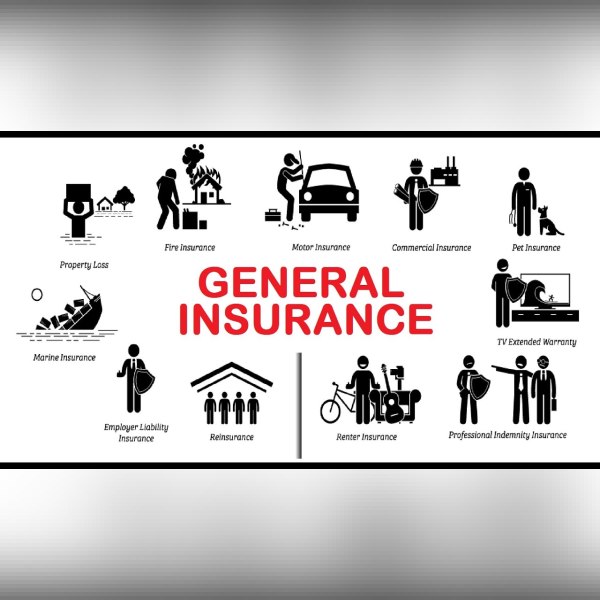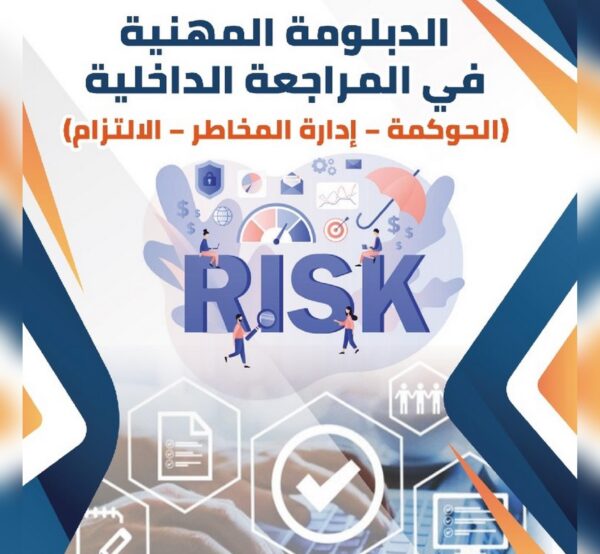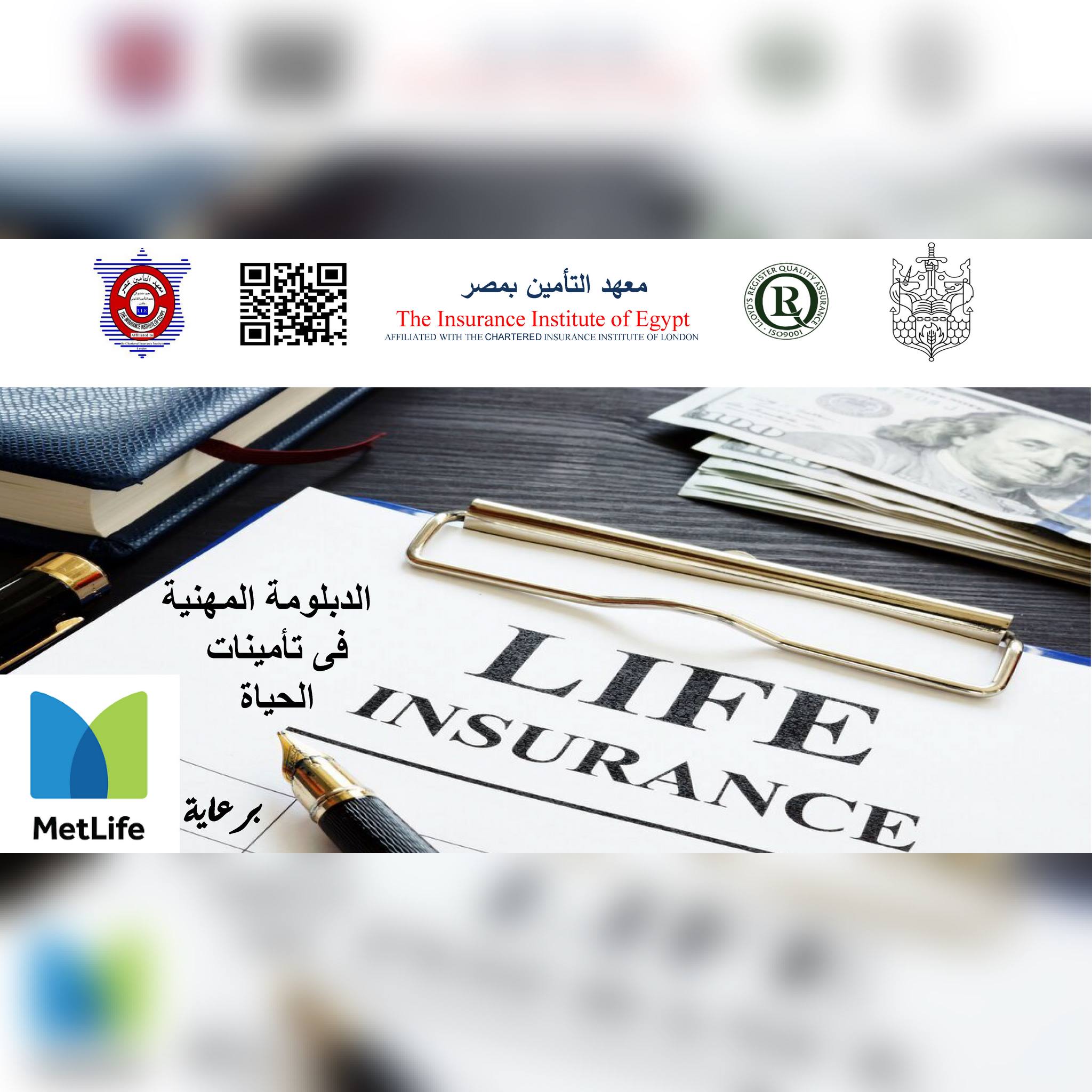












Technical and legal principles of insurance – How insurance works – Insurable risks – Introduction to medical insurance – Basic terms in medical insurance – Types of insurance facilities – Covering medical expenses – Supplemental coverage – Flexible compensation plans – Limits and exclusions – Insurance shares and maximum treatment limits – Contracts and documents Legal rules in medical insurance contracts Marketing, sale and pricing of individual and group medical insurance products – Medical insurance underwriting – Reinsurance – Insurance services management (preparation and issuance of documents – renewal – claims management and processing) – Improving the effectiveness of health care costs and controlling costs operational.
Insurance subsidiary programs: insurance for incurable diseases – personal accident insurance – various programs for dental and vision treatment – insurance for dispensing medicines – insurance for long-term integrated care – insurance for total and partial disability.
The third program: the costs of medical insurance.
Medical insurance expense management – Management of different types of insurance – Group and individual medical insurance costs – Medical document management – Insurance premiums – Operation management – Claims management – Follow-up of service providers and customer service – Marketing, selling and pricing costs of various insurance programs – Underwriting and management foundations – Laws and regulations related With medical insurance.
Fraud and fraud in health insurance – fraud prevention programs – laws related to the prevention of fraud.
Fourth Program: Health Care Administration.
Types of integrated health care management facilities – management of health care networks and compensation – health care quality and resource management – organization and operation within health care facilities – laws governing health care management companies
The means used
1. Theoretical lectures.
2. Workshops (with market experts).
3. Discussions (with market experts).
4. Visits to different insurance companies.
5. Practical case studies
periodic evaluation
• Evaluation of learners
A set of periodic tests throughout the study period to evaluate learners.
• Regular interviews with students
Periodic meetings between the diploma committee and the students on a monthly basis or when there is an emergency need to discuss the strengths and weaknesses of the trainers. Those discussions are evaluated and mechanisms are put in place for the continuous development of educational performance.
The final test
Periodic exams and the final exam are conducted under the management of a group of health insurance consultants from various insurance facilities and health care management companies to evaluate the learners.
Percentage distribution of scores
Attendance, workshops and discussions 20%
Research paper and quizzes 30%
MCQ Test 50%
Total 100%
Professional Diploma in Medical Insurance
the general frame :
In cooperation between the Insurance Institute in Egypt and the Egyptian Insurance Federation in order to raise the professional level of workers in the insurance sector in a number of specializations, the most important of which is health insurance, it was agreed to provide specialized diplomas (a specialized integrated professional training program) over a sufficient period of time for workers in those specialties, in order to
K with the aim of deepening knowledge, increasing skills, and preparing well for selecting leaders in each specialty. The Institute and the Federation will supervise the organization, accreditation and control of the diploma to ensure the training return on participants and companies.
We also encourage companies to adopt and sponsor this diploma in order to ensure an increase in the return on these companies and their employees.
Academic and professional objectives for studying a medical insurance diploma
1. Introducing the technical and legal principles of insurance
2. Definition of insurance terms and the different types of insurance bodies.
3. Develop the skills of dealing with contracts and documents in terms of legal, administrative and financial terms.
4. Developing the skills of dealing through the system of health care management companies.
5. Studying the claims management systems.
6. Studying marketing and selling concepts for different health insurance programs and customer service.
7. The concept of underwriting, its terminology and its uses in medical insurance.
8. Developing methods for detecting fraud, fraud and violations in all stages of operation and dealing with them.
9. Determining how to comply with the laws and regulations of the State.
10. Studying the various health insurance programs systems.
Participants
All employees of insurance, health care, and brokerage companies from different job levels. And new employees in specialization, and university graduates (commerce, science, pharmacy and medicine).
school system
The duration of the study is six months of theoretical and training studies, subject to attendance every Saturday (two lectures per day).
(144) hours consisting of:
1. Theoretical lectures
2. Training programs and workshops
3. Periodic discussion sessions between students and teachers
4. Practical case studies and international experience
5. Periodic evaluation
6. Test at the end of the study
First half Second half Total
weeks 12 12 24
Lectures 24 24 48
Hours 72 72 144 hours
Scientific content from American’s Health Insurance plans
first half
First semester (72 hours) Number of lectures Number of hours
First Program: Basics of Medical Insurance. 12 36
The second program: operating systems for managing medical insurance programs. 12 36
Total 24 72
the other half
Second semester (72 hours): Number of lectures Number of hours
The third program: the costs of medical insurance. 12 36
Fourth Program: Health Care Administration 12 36
Total 24 72
Program one and two:
Technical and legal principles of insurance – How insurance works – Insurable risks – Introduction to medical insurance – Basic terms in medical insurance – Types of insurance facilities – Covering medical expenses – Supplemental coverage – Flexible compensation plans – Limits and exclusions – Insurance shares and maximum treatment limits – Contracts and documents Legal rules in medical insurance contracts Marketing, sale and pricing of individual and group medical insurance products – Medical insurance underwriting – Reinsurance – Insurance services management (preparation and issuance of documents – renewal – claims management and processing) – Improving the effectiveness of health care costs and controlling costs operational.
Insurance subsidiary programs: insurance for incurable diseases – personal accident insurance – various programs for dental and vision treatment – insurance for dispensing medicines – insurance for long-term integrated care – insurance for total and partial disability.
The third program: the costs of medical insurance.
Medical insurance expense management – Management of different types of insurance – Group and individual medical insurance costs – Medical document management – Insurance premiums – Operation management – Claims management – Follow-up of service providers and customer service – Marketing, selling and pricing costs of various insurance programs – Underwriting and management foundations – Laws and regulations related With medical insurance.
Fraud and fraud in health insurance – fraud prevention programs – laws related to the prevention of fraud.
Fourth Program: Health Care Administration.
Types of integrated health care management facilities – management of health care networks and compensation – health care quality and resource management – organization and operation within health care facilities – laws governing health care management companies
The means used
1. Theoretical lectures.
2. Workshops (with market experts).
3. Discussions (with market experts).
4. Visits to different insurance companies.
5. Practical case studies
periodic evaluation
• Evaluation of learners
A set of periodic tests throughout the study period to evaluate learners.
• Regular interviews with students
Periodic meetings between the diploma committee and the students on a monthly basis or when there is an emergency need to discuss the strengths and weaknesses of the trainers. Those discussions are evaluated and mechanisms are put in place for the continuous development of educational performance.
The final test
Periodic exams and the final exam are conducted under the management of a group of health insurance consultants from various insurance facilities and health care management companies to evaluate the learners.
Percentage distribution of scores
Attendance, workshops and discussions 20%
Research paper and quizzes 30%
MCQ Test 50%
Total 100%






There are no reviews yet.